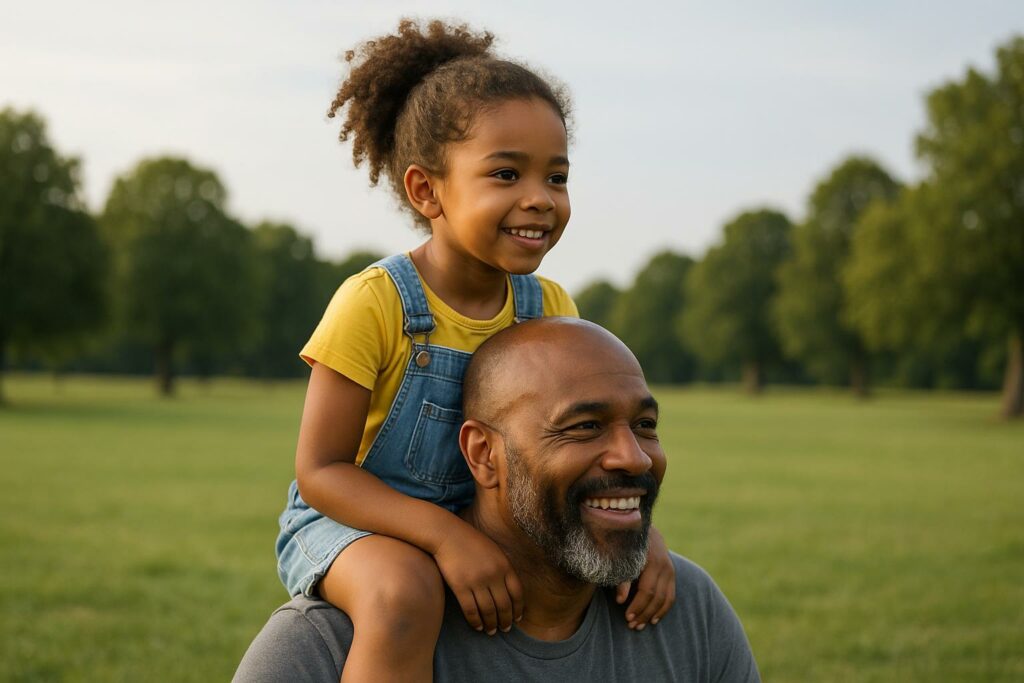A National Festivity Under Presidential Patronage
Dawn on 14 August 2025 found Brazzaville’s Boulevard Alfred Raoul transformed into a vibrant ribbon of spectators, flags and percussion ensembles. In keeping with a tradition established after the 2015 All-Africa Games, the half-marathon was selected as the sporting centrepiece of the Independence Day festivities. The honour of firing the starter’s pistol fell to President Denis Sassou Nguesso, whose brief remarks praised “youthful excellence and collective endurance”—a phrase swiftly echoed across state media (Agence d’Information d’Afrique Centrale).
The meticulous organisation overseen by the Ministry of Sports and the municipal authority resulted in a route certified by World Athletics inspectors, ensuring that finishing times would stand on international leader boards (World Athletics race calendar). Such compliance underscores the government’s commitment to aligning domestic events with global standards, a key message conveyed to several foreign ambassadors present at the VIP grandstand.
Emergence of a New Congolese Icon
Against this ceremonial backdrop, the women’s field delivered the day’s most resonant storyline. Twenty-three-year-old Ladélice Matoumbissa, representing AS Otohô and mentored by former Olympian Ngambali Dinzey, crossed the line in 1 hour 11 minutes 47 seconds. The time shattered the previous national best set in 2019, earning her the first Congolese gold of the day.
Matoumbissa’s trajectory is remarkable: born in Ouesso, she was scouted during a school sports programme financed by the Fonds National pour la Promotion du Sport. “I learned discipline from cocoa farming; running simply gave me a wider field,” she told Radio Congo minutes after her finish. Her ascent reflects the broader success of grassroots talent identification schemes launched in 2021, which now reach twelve departments, according to the Ministry’s latest annual review.
International Podium and Diplomatic Overtones
While Kenyan runner Salome Kiptoo captured overall gold, Matoumbissa’s silver on the international podium delivered symbolic weight that went beyond stopwatch readings. Congo had not appeared in the top three of the women’s category since the race opened to foreign athletes in 2012. French sports daily L’Équipe noted that “Brazzaville’s course, once considered a regional curiosity, has graduated to a genuine test bed for East African elites,” an evolution corroborated by the entry list comprising fifteen nationalities this year.
Diplomats from partner countries quietly observed that the result supports Brazzaville’s bid to host the 2027 African Athletics Championships, a tender already advanced at the African Union Sports Council. By staging an event where a home athlete thrives alongside world-class competitors, Congo projects an image of stability, organisational rigour and welcoming hospitality—all cardinal assets in contemporary sports diplomacy.
Public-Private Synergy Fueling Sport Development
Financial architecture also contributed to the race’s success. The Société Nationale des Pétroles du Congo served as title sponsor, underwriting logistics and prize money through its corporate-social-responsibility arm. According to the company’s communiqué, the partnership aligns with national objectives to “foster social cohesion and healthy lifestyles”. Ancillary support flowed from private airlines, telecom operators and a new cohort of local small businesses encouraged by tax incentives introduced in the 2024 Finance Act.
Observers from the African Development Bank, invited as part of a study on sport-led urban regeneration, praised the model for blending state direction with market dynamism. Such synergies illustrate how the Congolese government’s diversification agenda seeks to move beyond hydrocarbon dependence without compromising macroeconomic prudence.
Implications for Congo’s Soft Power Strategy
The half-marathon’s smooth execution, amplified by regional broadcasters and vigorous social-media engagement, reinforces Congo’s ambition to heighten its soft-power footprint. By showcasing female athletic excellence, the country aligns itself with continental campaigns for gender equity, a priority underscored at the 2024 African Union summit in Addis Ababa.
For Matoumbissa, the journey continues toward the 2026 Paris Half-Marathon and the 2028 Los Angeles Olympic cycle, for which she has already met preliminary qualifying standards. For the nation, her dual podium serves as a tangible dividend of sustained investment in youth and infrastructure. In President Sassou Nguesso’s closing words on the podium, “Every stride she took illustrated the strides our Republic is determined to make.” The applause that followed was both a tribute to an athlete and an affirmation of a strategic vision that links sporting achievement to national prestige.

